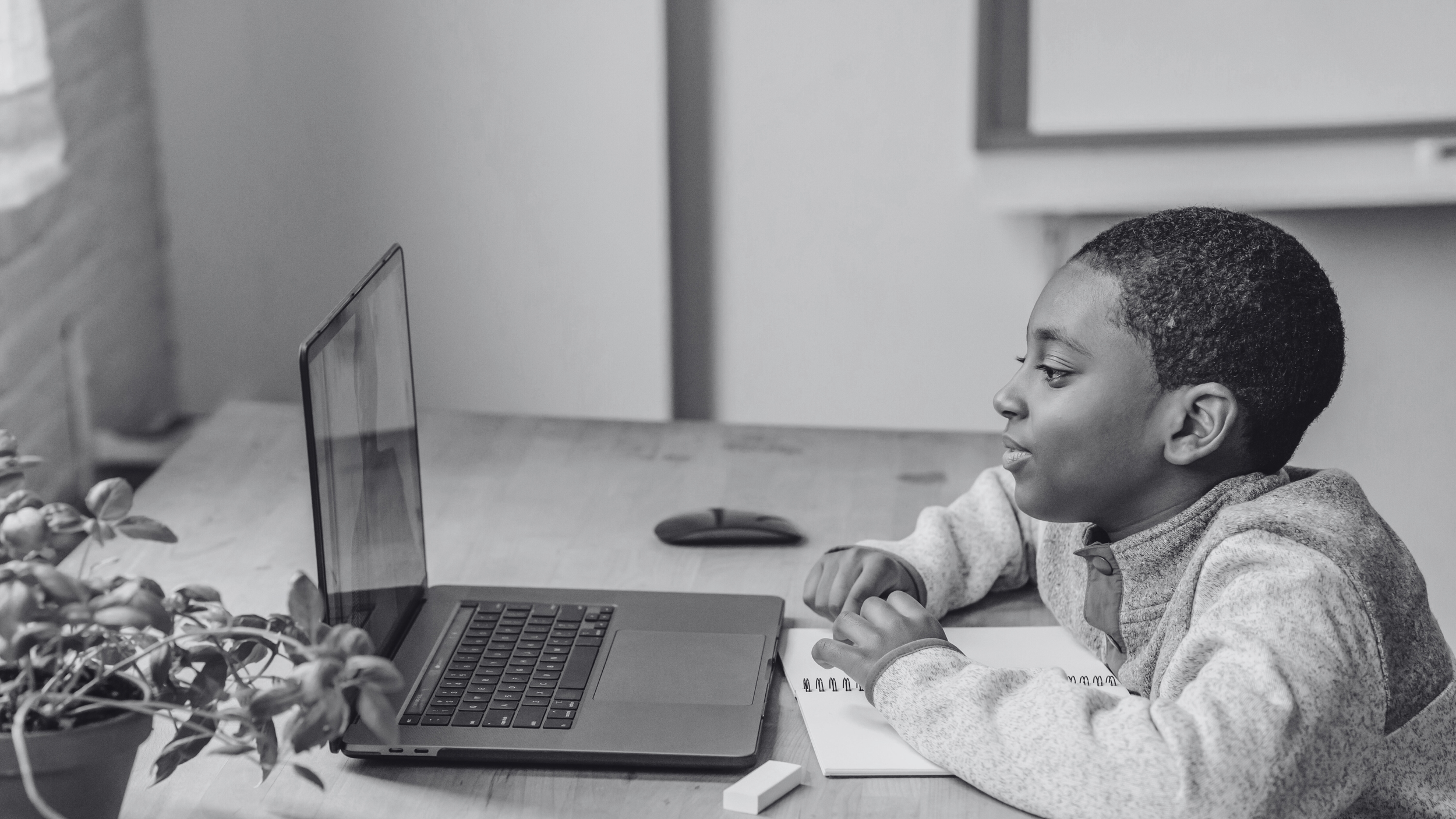2020: Education Exposed
2020 has been a challenging year for our globe. We ended the first quarter in a global health and economic crisis due to the pandemic that has challenged our world’s fabric and has brought many wounds of our country to the surface. All sectors of our society felt the impact and mental strain being the first state to report a case of Covid back in late February. Covid 19 has affected every aspect of daily life, and it took a moment to get used to; there was about a 2-3 week window where it felt like we were in a movie about a Virus that took over humanity. As I pinched myself back into reality like many of you, I became a figment of my busy life weeks prior. Our norms and daily rituals have been interrupted, and we have no choice but to adjust to our new ever-changing world.
Common things, everyday activities like going to the local grocery store, attending a basketball game, taking a night out to attend the Seattle Fall Ball, or dropping your kids off at school have become monumental achievements of the past for most Washingtonians. The classroom and the desk have morphed into zoom hubs and kitchen dining tables. Parents across our state have picked up unintended second jobs as their child’s classmates, principal, teacher, and guidance counselor all in one. For most families in our community, the strain of having full-time jobs coupled with these newfound roles as educators has proven to be a struggle.
Like most things, education’s socioeconomic effects have had its most significant impact on the neediest people. No sector of our society has felt a greater impact than parents, especially low-income impoverished single-parent households, and homes with special educational needs.
Right now, our state has over 1300 students who might qualify for specialized educational services backlogged because these students cannot be diagnosed and adequately educated. Our nation’s education system is not prepared. There are even fewer resources available for students with special needs and even worse, no plan of action to address this problem that can widen the achievement gap.
The other sector of our community greatly affected are low-income families. Poverty has risen during this pandemic, with the unemployment rate peaking at over 9% as of June in Washington. Many families are adjusting to not having all the amenities, such as the internet, necessary for online education. Washington’s state reported that kindergarten enrollment was down over 14% for the start of the fall semester.
No one person should take the blame for this pandemic. Still, I would be remiss not to mention the shortcomings that the epidemic has presented and the glaring light our educational leadership is facing.
Our responsibility is not to widen the achievement gap due to not being ready if this pandemic keeps a stranglehold on our health care, economies, and education systems. No child should fall through the cracks due to poor planning and bureaucratic failures to adequately address funding and the proper funneling of resources.
In the face of dismay, we must move forward and be smart and deliberate in our actions. We have to think outside the box for a solution to these problems.
We must mobilize education in innovative ways. With education being almost exclusively virtual, superintendents in every school district have many tasks advocating for their students’ subsidized internet access. As of 2018, 21% of low-income families did not have the internet in their homes in Washington… The assurance of wifi will allow more families to access education during and after the pandemic. To make these types of changes, a priority it is a team effort. Making this team equitable will include familiar players such as school board members, superintendents, and legislatures. There is a need to have more voices, such as students, parents, and community-based organizations at the decision table.
Is it just my imagination running away from me or a glimpse into the future of education?
Imagine an education system that practiced experiential education with a plan to prepare teachers and the workforce with an emerging group of collegiate leaders filling in to help close the achievement gap.
As part of their undergraduate and graduate studies in education and grant them the ability to participate in paid experiential accredited internship programs to help bridge the gap between one-on-one learning and support for families while their K-12 students are in school for extra support.
This model can also help bring more creativity and multiple generational leadership to help close the achievement gap and provide future educators’ experience. At the same time, they are in school and provide sitting teachers mentees and impact the future of education. Utilizing the virtual school spaces for more one-on-one sessions and face-to-face focused on education will help take care of our most vulnerable students while ensuring they have the tools they need to succeed in class.
As a parent, business owner, and community leader, I challenge our elected officials to come up with solutions to these problems and other inequities that families are juggling along with dealing with bouts of mental health at such a chaotic time. We all have a responsibility to give all children the same opportunities to have a fair shot at a diverse, engaging education. If the social distance is here to stay or if there are future public health crises, inclement weather, the pandemic has taught us the importance of being prepared. As parents and educators, we want our children to embrace change. We must get out of the youth way to let them lead, but we must provide an example and be willing to challenge systems that were already threatening our black and brown children anyway.
Ultimately, we are also showing our future leaders how to work together collectively across generations and differences to solve and create a more equitable educational system that opens our youth to create a fair and just world.

